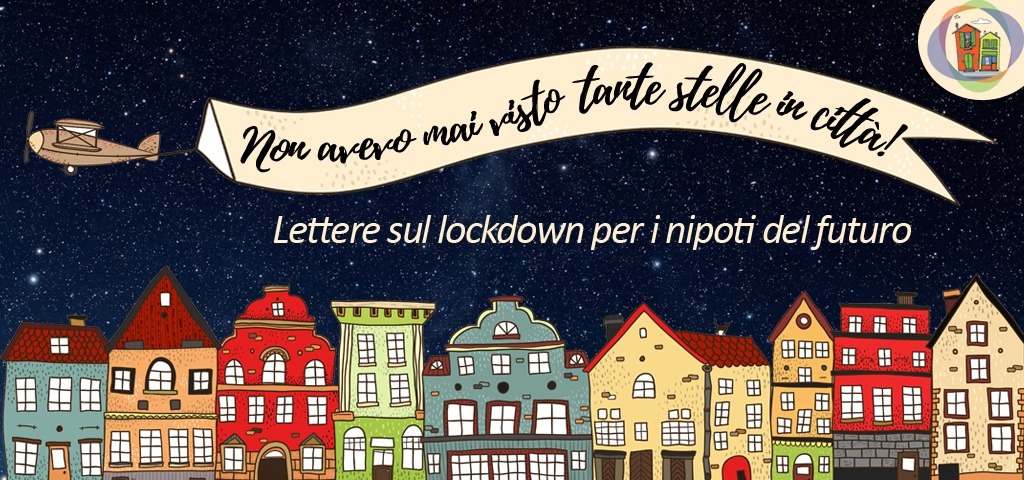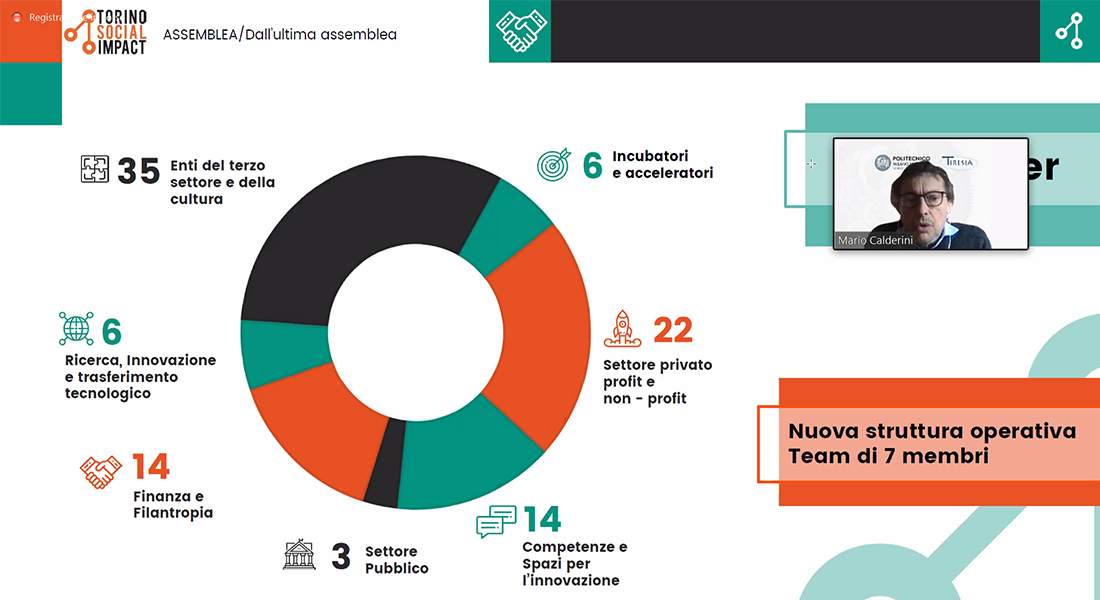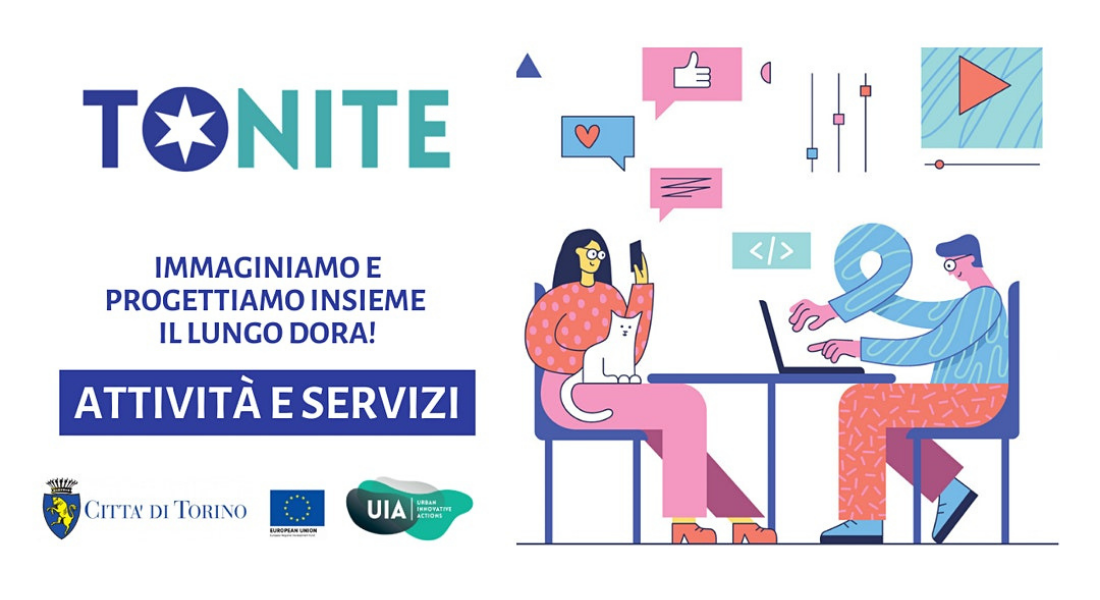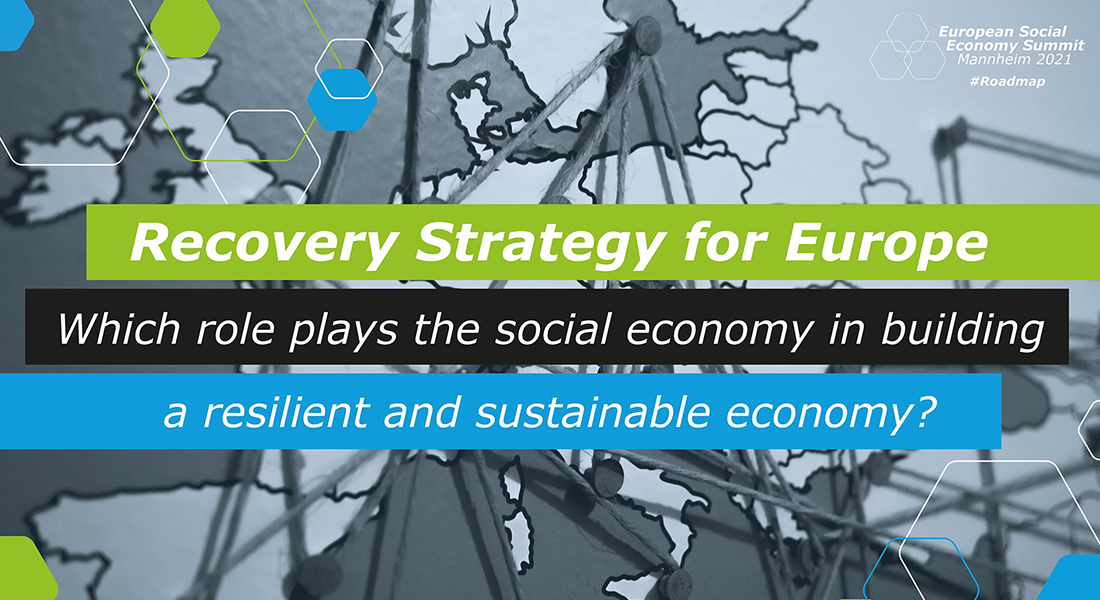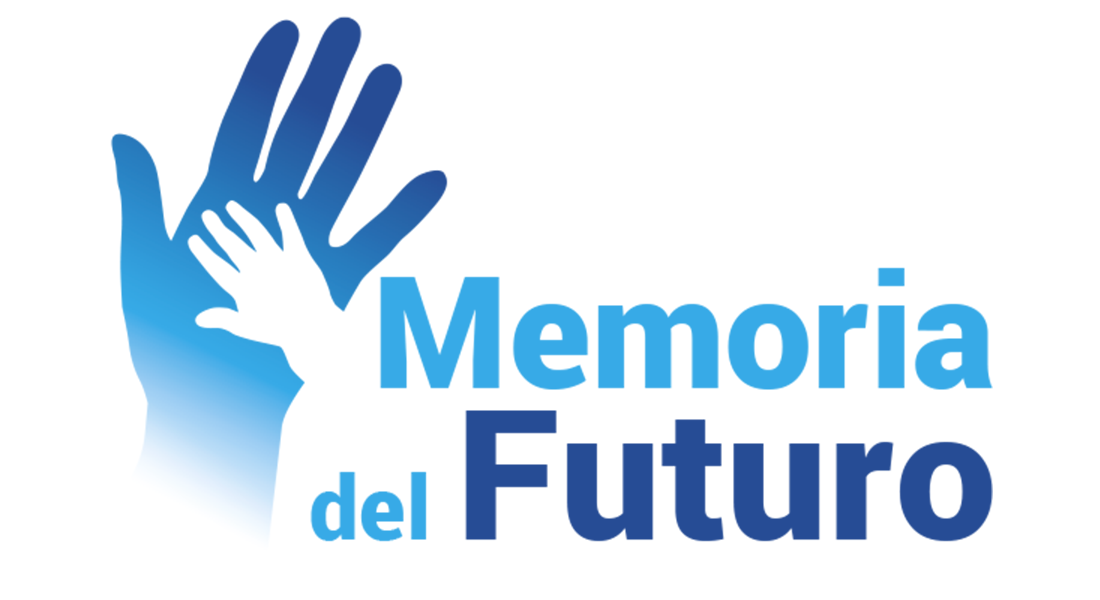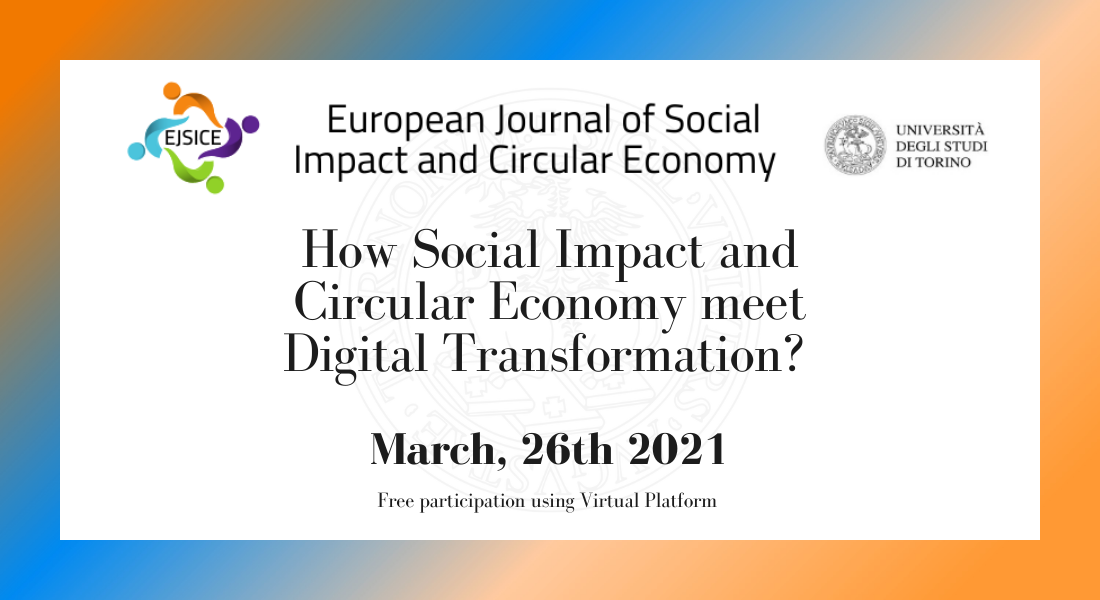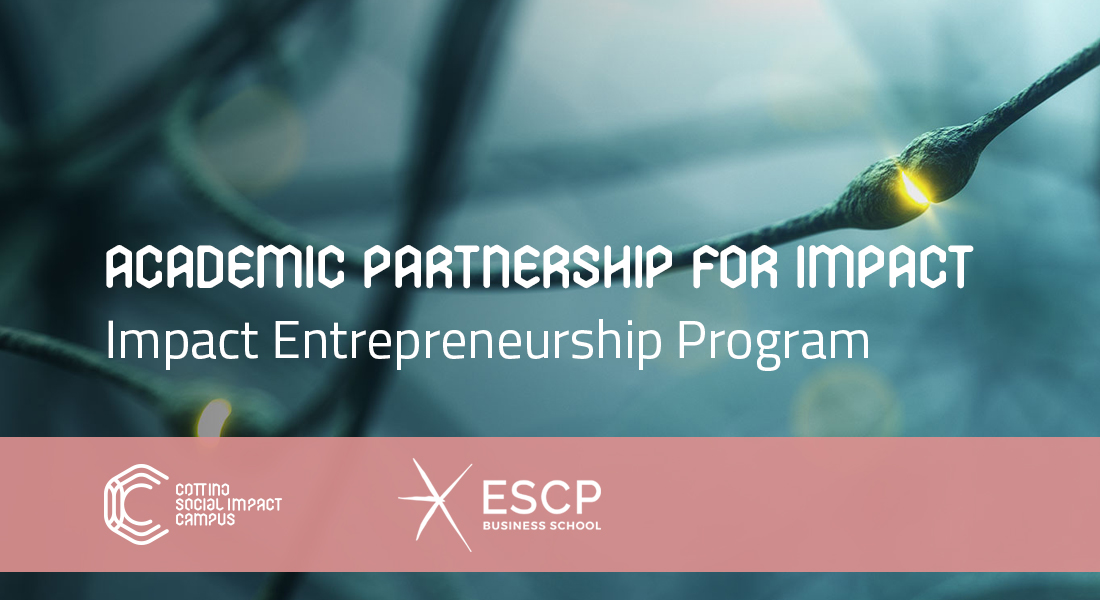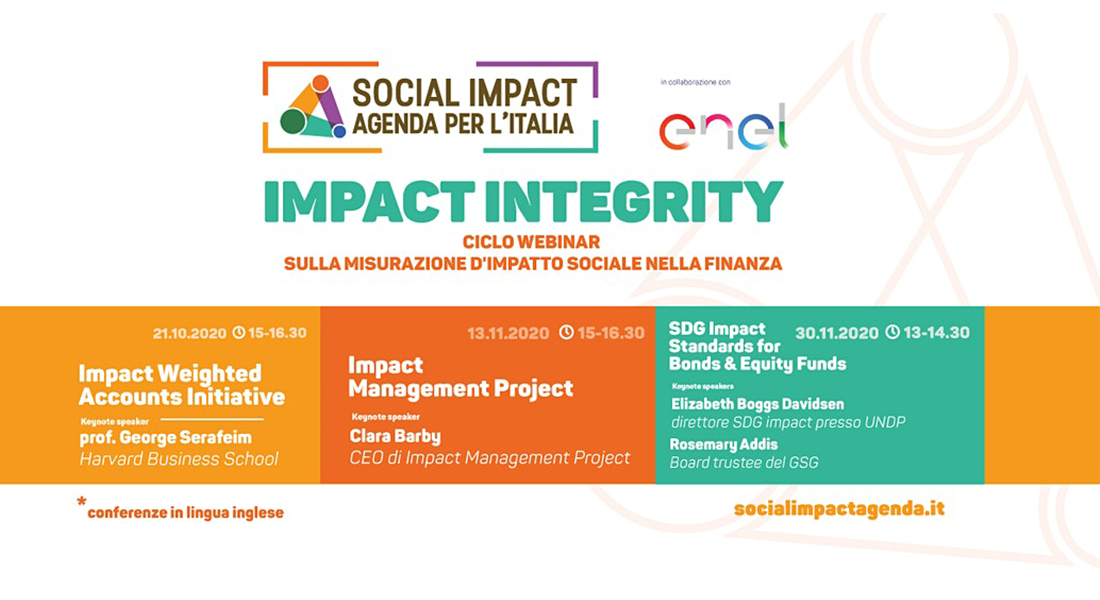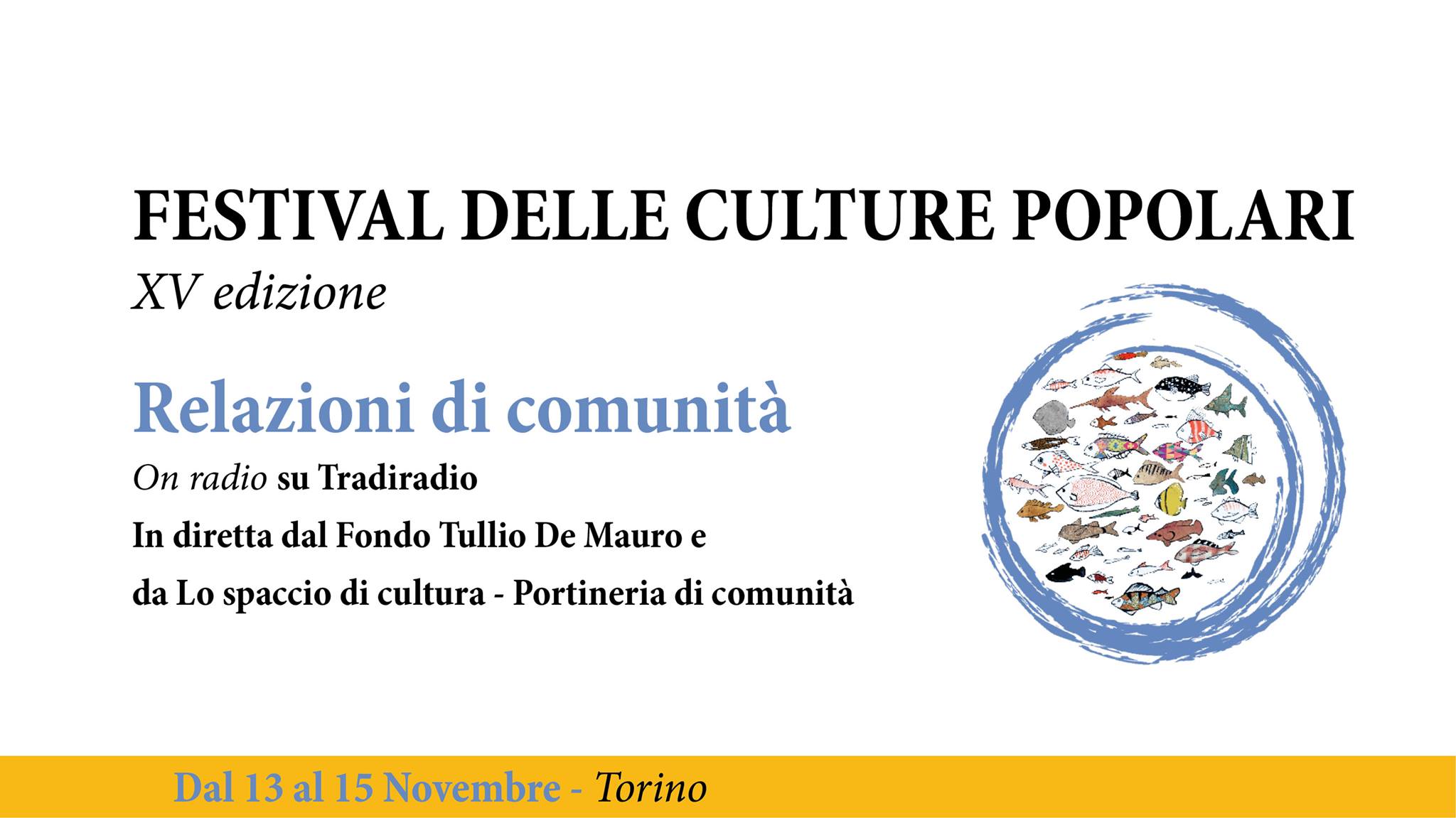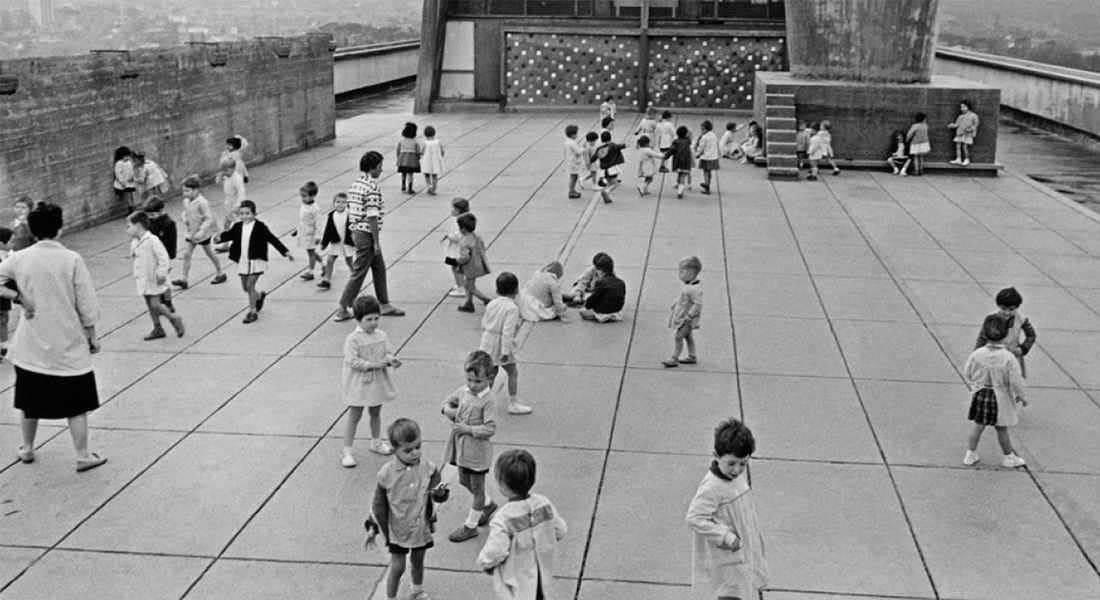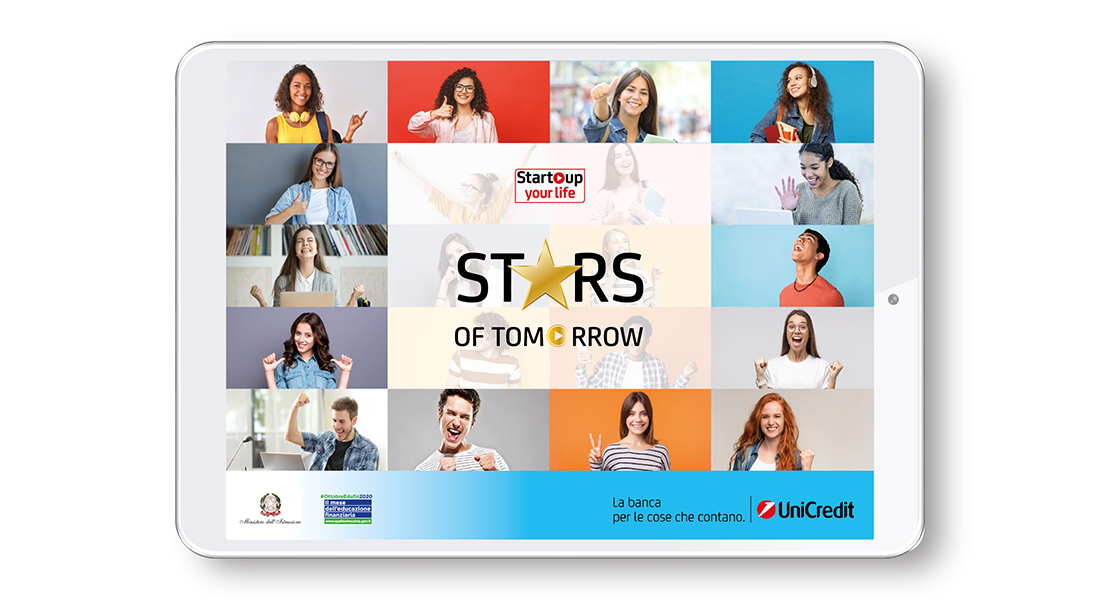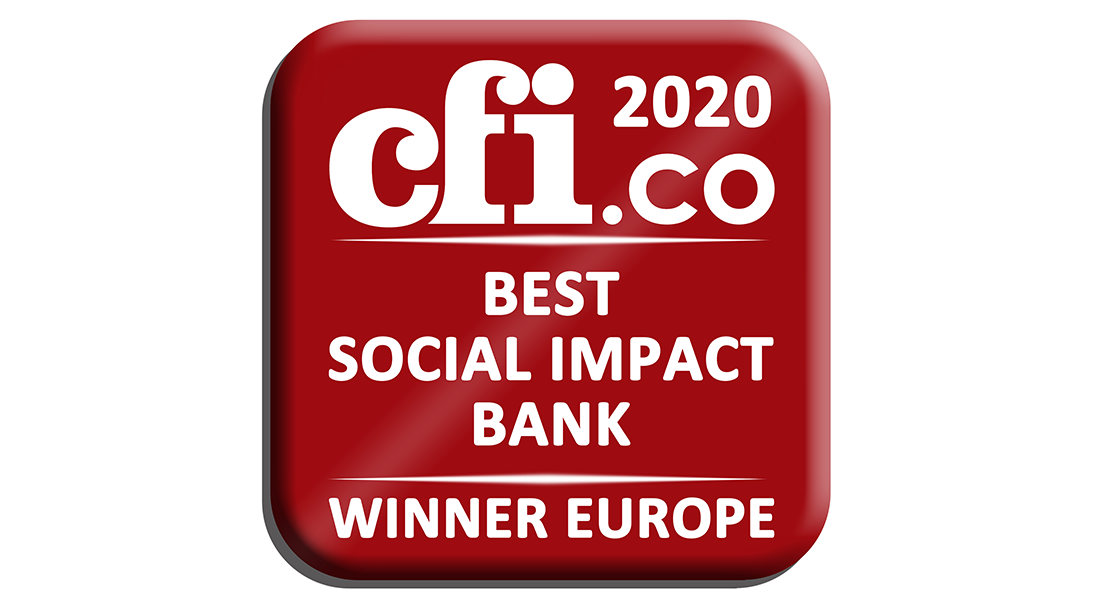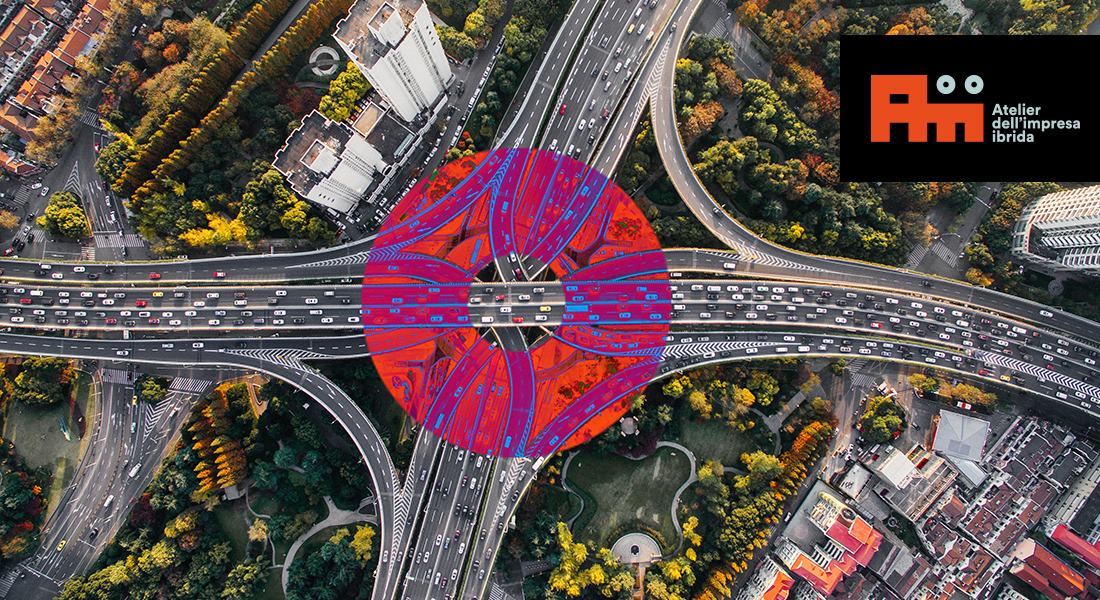Awarded the winning projects of the competition dedicated to high school students.
On October 29th, in a totally digital version, the award ceremony of the Startup Your Life – 2020 Edition contest took place, linked to the UniCredit Social Impact Banking‘s financial and business education program of the same name, in which more than 300 schools participated and dedicated to students in the three years of high school. The event was included among the initiatives of the Month of Financial Education promoted by the Ministry of Economy and Finance.
Two projects were the absolute winners, selected by a commission of experts:
– Jugaad: in the “Hindi” language it means finding intelligent solutions using what is available. It is a prepaid card that encourages the use of public transport or vehicles with low environmental impact. Every time you use this type of service, points are credited to the card that can be converted into money or discounts for eco-sustainable services or products. The selected proposal was developed by the III C of the I.I.S. Vittorio Emanuele II of Naples.
– ITERO – Repetita iuvant: a new app that aims to facilitate research and contact with teachers, in order to organize meetings and courses for students who need in-depth lessons. The winning idea was presented by class III F SCI of the Liceo Scientifico Aristotele of Rome.
The winners will receive, in recognition, thirteen computers that will be used by schools for educational purposes, in order to support school digitization.
– Handle: payment method that uses biometric technology to transfer money by scanning the palm of the hand. An app designed for expert teenagers, created by the III F RIM of I.T.C Tosi of Busto Arsizio (MI) and awarded for the completeness of treatment.
– Uniscansion – eyes: an application that allows you to make payments in an innovative and secure way by scanning the iris. All operations will be confirmed by the system through messages sent to the owner’s cell phone. The work was presented by the III A AFM of I.I.S. Sella Aalto Lagrange of Turin and awarded for creativity.
– Grillo Parlante Credit: innovative prepaid card that helps to better manage time by changing color according to more or less virtuous behavior. The card will be credited with points based on school success and extracurricular activities such as volunteering, healthy eating and physical activity. A project of the III B SCI of I.S.S. Leonardo Da Vinci of Niscemi (CL), awarded for innovation.
– Start Your Travel: prepaid card that encourages young people to buy goods and services related to culture, sport and technology. The purchases make the credit card mature on the card that reward the virtuous behavior of users in terms of personal growth, stimulating the culture of savings. An idea of the IV C of the B. Russel high school in Cles (TN), awarded for its clarity and effectiveness in communication.
Among the projects carried out with the aim of creating an innovative and socially aware startup:
– Night & Day Bus S.R.L: useful and ecological transport service, also suitable for people with disabilities, which allows young people to move safely to have fun or to know the cultural heritage of their city. It was designed by the IV A AFM of the I.I.S. Leopoldo Pirelli of Rome and awarded for the completeness of its treatment.
– The Elder is the Future: the business idea involves the creation of fabrics from recycled plastic bottles, orange peels, old jeans and dyed using natural dyes. Presented by the IV C SIA of I.I.S.S. Giannelli of Parabita (LE) has been awarded for creativity.
– Old but Fashion: a service that gives new life to old clothes, producing custom-made, trendy clothing that promotes the circular economy with attention to environmental sustainability issues. The work of the IV C of the I.I.S. Vittorio Emanuele II of Naples has been awarded for the innovativeness of the business idea.
– Youbike S.R.L: a startup that operates in the cycling tourism market, offering a bike sharing service of electric bicycles, tandems and rickshaws. The offer also includes the organization of guided tours and cultural events to enhance the territory. Conceived by IV A RIM of I.I.S. D. Zaccagna di Carrara (MS) and awarded for its communicative effectiveness.
“Financial education is a key component of UniCredit Social Impact Banking,” said Jean Pierre Mustier, UniCredit CEO. I am proud to successfully celebrate the conclusion of the third edition of the Startup Your Life program and launch the fourth for the 2020/21 school year. Special thanks go to all the teachers, more than 1,200 in the last year alone, who have supported students in our program and to the volunteers, UniCredit employees and former UniGens associates, without whom this project would not have been possible.
Startup Your Life – recognized by the Ministry of Education among the “Pathways for transversal skills and guidance” – has reached, since its inception in 2017, more than 41,000 students, providing more than 2,600,000 hours of training between teaching and experiential design, involving about 300 schools each year. Students have access to a digital cooperative learning platform and the tutoring of about 400 volunteer educators, including UniCredit employees and former UniGens associates, whose training interventions are guaranteed even remotely, ensuring the continuity of the program.
The new edition will also offer free access to specialized applications for distance learning to all schools.
“Thanks to the three-year Startup Your Life program, UniCredit wants to promote the development of active citizenship and economic awareness of young people. With this project, we are giving new generations the opportunity to learn not only the basics of economics so that they are able to manage their assets and achieve economic independence, but also to experience how to do business and discover their professional talents,” said Laura Penna, Head of Group Social Impact Banking.


